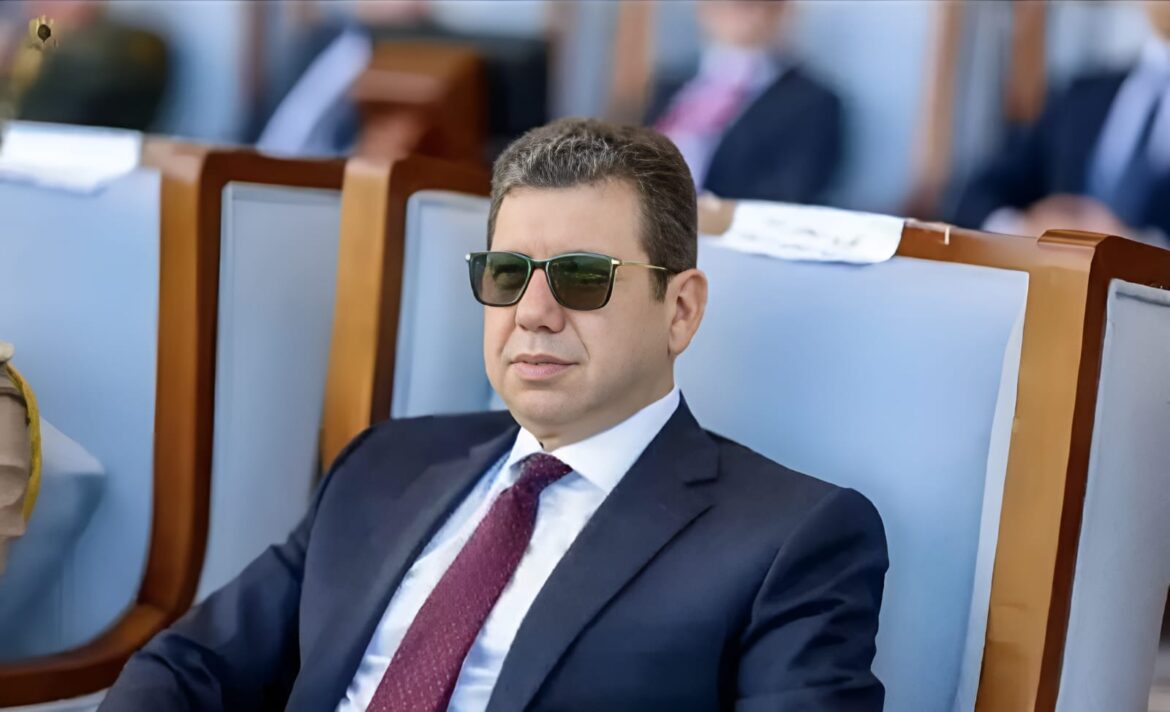Since October 2024, Major General Mahmoud Rashad has led one of Egypt’s most sensitive portfolios. A graduate of the Military Technical College, he brings a wealth of experience from intelligence analysis units to decision-making rooms. His appointment is not just another routine change—it sends a clear message: this phase demands a security strategist, not just a seasoned officer.
The regional landscape won’t wait.
Libya’s western border remains fragile. Gaza to the east sits on a constant edge. To the south, the Grand Ethiopian Renaissance Dam still looms as a strategic threat.
In this chaos, Egyptian intelligence isn’t merely a line of defense—it acts as a proactive force.
From prisoner exchange deals and truce negotiations, to gathering tactical intelligence on regional movements and monitoring foreign interference in the Palestinian file—the agency’s role clearly transcends observation into influence.
– Yet the most dangerous file may not lie in geopolitics, but within.
– How does a state protect its institutions from within in the age of information?
This is where Rashad’s approach becomes clear:
– Resetting coordination mechanisms between sovereign institutions
– Anticipating crises before they erupt
– Supporting state bodies in countering digital disinformation campaigns
Major General Rashad doesn’t appear in public.
He doesn’t speak.
He doesn’t smile for cameras.
But his imprint is visible—
In every operation executed quietly,
In every regional negotiation under Cairo’s sponsorship,
In every political implosion that didn’t happen.
Rashad does not represent a temporary shift.
He is redefining the very function of intelligence in the 21st century.
Intelligence today is not just a shadow power—it is a smart, flexible force that watches both the inside and the outside.
As tensions grow, the next battlefield may not be one of weapons—but one of awareness and information.
And here, under the leadership of Major General Mahmoud Rashad,
Egyptian intelligence will continue to write the final line… and the first.
